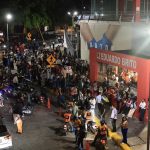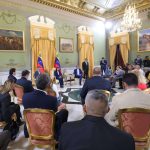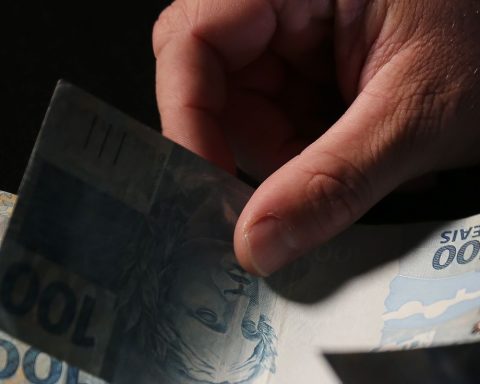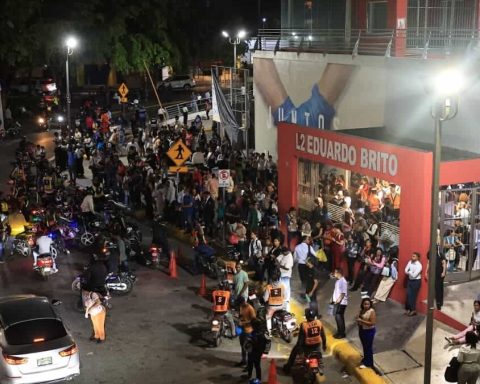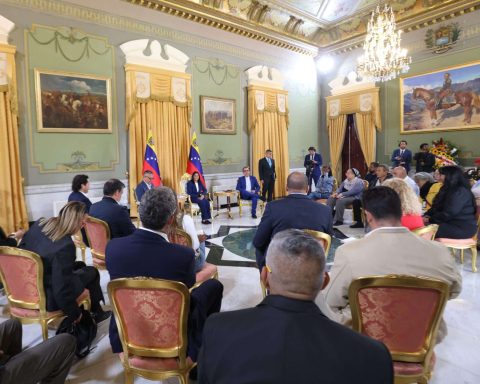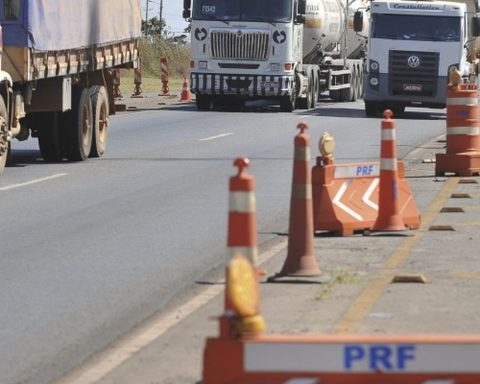A journalistic note from the EFE news agency, dated May 11, revealed that the police of the Sandinista regime and other security institutions have activated a spying and surveillance mechanism against citizens who think on social networks.
According to the note, the police at the service of the Ortega-Murillo family began a process of threats and arrests against opponents who criticize the criminal dictatorship of Nicaragua on social networks.
According to the EFE news agency, citing the version of journalists, professionals, and activists, law enforcement officers come to their homes to warn them not to continue posting on their social networks critical of Ortega, the regime, or the sociopolitical crisis that Nicaragua has been experiencing since April 2018.
Related news: Ortega orders another wave of kidnappings: At least 18 opponents arrested this weekend
One of them revealed that he was surprised to be detected since he had changed his identity years ago on social networks, but they still located him and the police came to his residence to threaten him with prison and torture “if he kept screwing around.”

under strong espionage
The citizen believes that Russian, Chinese and Cuban surveillance systems are operating in Nicaragua to monitor and suppress anti-regime opinions.
At the same time, the dictatorship has detained many journalists, activists, and political leaders and accused them of cybercrimes and spreading false news.
An expert in cybersecurity, exiled in Costa Rica, alerted citizens to take into consideration security measures in social networks to sustain civic resistance and avoid risks when exercising citizen journalism in Nicaragua.
These are the 10 cybersecurity tips on social networks that can help you protect your identity and reduce the risk of being identified or tracked when giving your opinion in authoritarian governments like Nicaragua.
- Use a secure connection: Make sure to use an encrypted connection by using a virtual private network (VPN) to hide your IP address and protect your browsing data.
- Create an anonymous online identity: Consider creating a separate online identity to participate in political debates on social media. Use a username that does not reveal your real identity, and keep yours low profile or private.
- Avoid providing personal information: Do not share sensitive personal information, such as your address, phone number, or bank details, on your social media profiles.
- Adjust Privacy Settings: Review and adjust the privacy settings on your social media profiles to limit the visibility of your posts and restrict access to your personal information.
- Be careful with links and attachments: Do not click on suspicious links or download attachments from unknown sources, as they could contain malware or be used to track you.
- Use strong passwords – Create strong, unique passwords for your social media accounts, and turn on two-factor authentication whenever available.
- Avoid posting location information: Turn off the geolocation feature in your posts to avoid revealing your physical location.
- Be aware of the information you share: Think twice before sharing sensitive political information or engaging in heated debates online, as this could increase your risk profile.
- Don’t accept friend requests from strangers: Limit your social media connections to people you personally know and trust.
- Keep your software up to date: Make sure to keep your devices and apps up to date with the latest security patches to prevent known vulnerabilities.
Remember that these tips They can help you reduce risk, but they do not guarantee complete anonymity. Always be aware of local laws and surveillance systems when participating in online political discussions, and consider using additional security measures as necessary.
By United Voices








